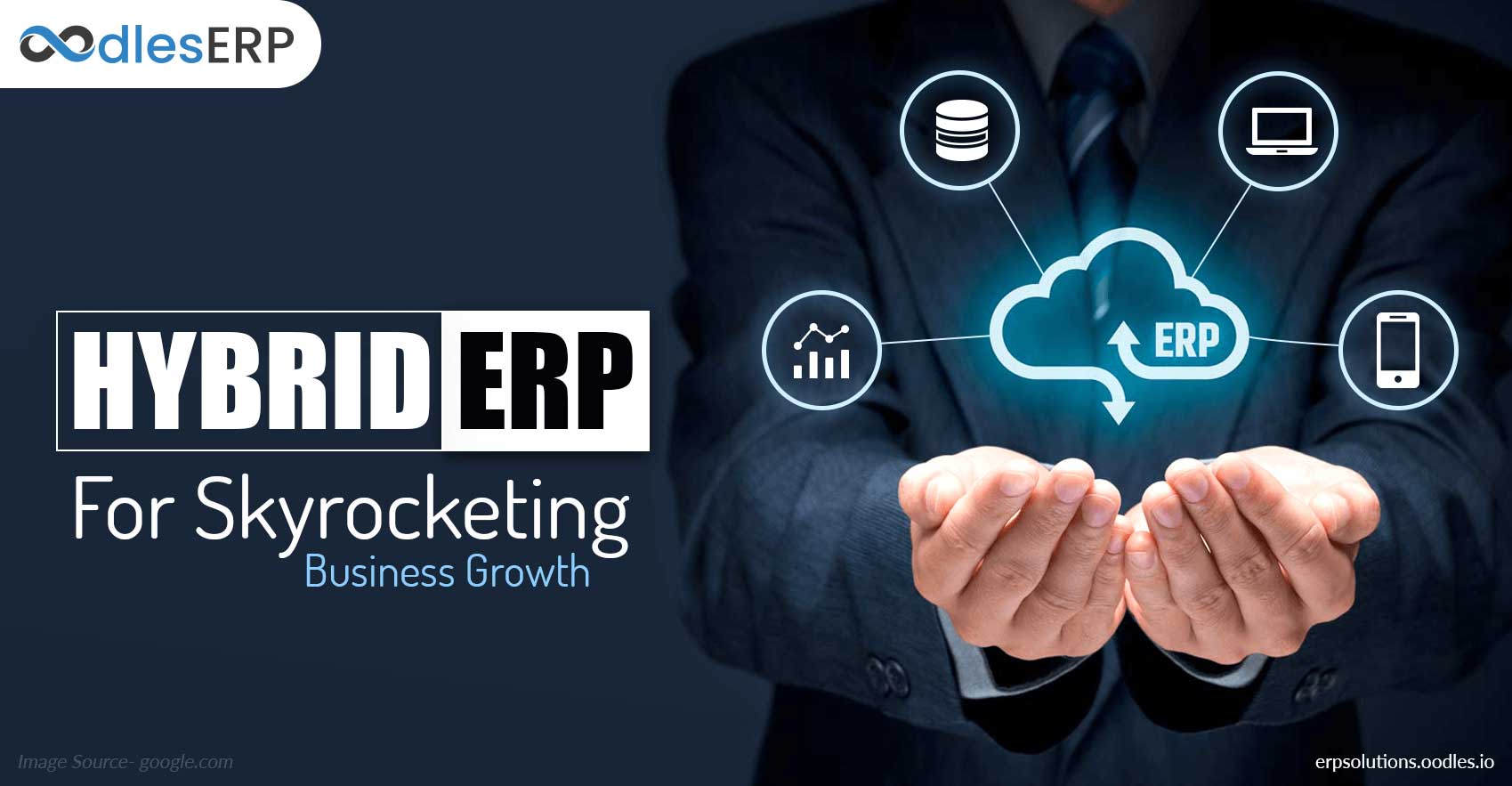With all the excitement clustering around Cloud Computing, it is tough to not have an opinion about what it is. when it can be applicable, who is it applicable for and in what scenarios. This blog sheds light on an approach that is now a quite influencing trend in the ERP landscape, the hybrid ERP.
First, let’s understand what is hybrid ERP? As you may know, cloud computing is the expression used to elaborate applications installed on a server accessible from the internet. Also, where the user interface is a web UI, deployable on various devices.
Hybrid ERP:
It’s a term initially used to explain the best of breed applications. Its definition has been enlarged to include IT deployment in a combination of on-premise and cloud computing.
Here are the top 3 reasons to deploy an ERP Hybrid model:
3. Top -notch Applications:
Generally, common off the shelf software (COTS) packages hardly reach the depth of functionality that best of breed applications do effortlessly. Most COTS packages make use of third-party applications themselves to perform certain tasks like EDI, Quality Compliance, Business Intelligence, nesting, Financial Reporting, CAD, etc.

Also Read: Intelligent ERP: The Rise Of New Opportunities For Businesses
COTS packages vendor strategy is to pass their VARs a set of integration tools to write integrations. This ends up being one-off customization for each end-user. This is where a specialized vendor for manufacturing software can leverage its industry installed base size to decrease the cost of integration and utilize the expertise, for integration to specialized services.
2. New and proven at the same time:
The new technology does have its appeal, but you need to be prepared to understand the fact that new technology has yet to cope with the time. In a hybrid ERP, one can deploy applications that have given results over time and only apply new technology to required strategic functions.
1. Aimed deployment:
It will be beneficial if you deploy cloud computing on the apps that can get most benefits out of it. For instance, in a 30 user deployment, if 4-5 sales user needs remote access to applications, it makes sense to focus a cloud deployment, rather than taking the risk of deploying a whole ERP system.








